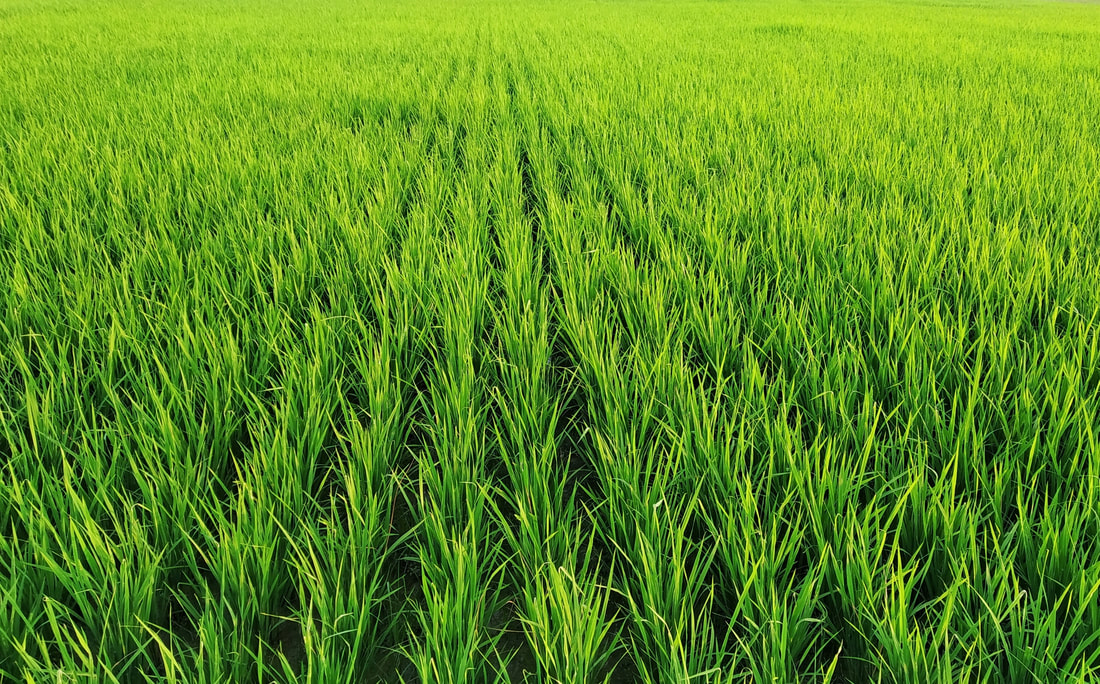The 2017 FAO’s report, ‘The Future of Food and Agriculture: Trends and Challenges highlights looming global challenges by 2050 that could significantly impact the planet and its natural resources. Dr. Sultan Al Jaber, President of COP28, has called upon nations to accelerate the transformation of agriculture and devise solutions to enhance food systems. This urgency arises from the projected global population growth from 8 billion to 9.7 billion by 2050, coupled with the imperative to preserve natural resources.
Governments must address various issues, including food insecurity, inequality, and extreme poverty, as they work to enhance their food and agricultural systems while preserving natural resources and fighting climate change. Their efforts should focus on reducing waste, increasing food access for vulnerable populations, and tackling the challenges faced by approximately 700 million people living in extreme rural poverty, 800 million dealing with chronic hunger, and two billion experiencing micronutrient deficiencies. Building a food and agricultural system that is resilient, inclusive and efficient is paramount in enhancing equality and fostering sustainability.
The COP28 Declaration lays out a comprehensive framework, with key objectives including:
1- Scaling up adaptation and resilience efforts to reduce vulnerability among food producers,
2- Promoting food security and nutrition for vulnerable populations,
3- Supporting workers in agriculture and food systems,
4- Enhancing integrated water management, and
5- Maximizing the climate and environmental benefits of agriculture and food systems.
Dr. Sultan Al Jaber has urged COP28 delegates to engage in a clear and resolute dialogue to keep the goal of limiting global warming to 1.5 degrees Celsius within reach. This appeal has led to a significant mobilization of $3.1 billion for sustainable food systems during COP28 amongst the key commitments. Furthermore, 30 countries have joined the Freshwater Challenge, committing to protect and restore 30% of the world’s degraded freshwater resources.
For EnableGreen, this collaborative endeavor represents a significant milestone in combating climate change through sustainable agriculture and robust food systems. In this context, financial well-being and resilience become essential safeguards against the severe impacts of climate change, particularly for those who are most vulnerable, including small farmers in both the Global South and North. This global collaboration underscores the crucial need to protect vulnerable populations, ensuring that no one is left behind in the agricultural transformation.
Author: Hayatte LOUKILI


